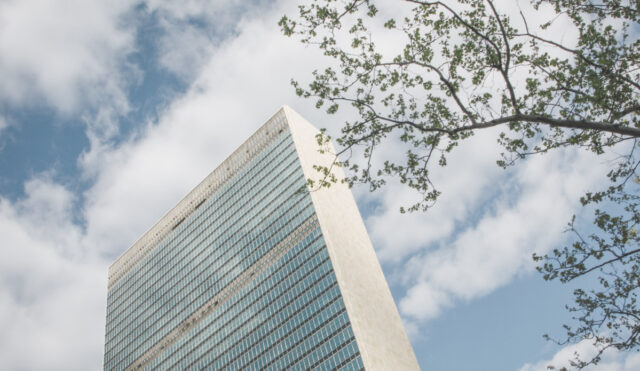The Sustainable Finance Disclosure Regulation (SFDR) introduces environmental, social and governance (ESG) disclosure standards and definitions for financial market participants, advisors and products.
One of the key questions in pre-contractual disclosures is: “Are sustainable investments aligned with the OECD Guidelines for Multinational Enterprises and the UN Guiding Principles on Business and Human Rights?”
Principal adverse impacts are the most significant negative impacts of investment decisions on sustainability factors relating to environmental, social and employee matters, respect for human rights, anti-corruption and anti-bribery matters.
It should be recalled what human rights are all about:
From a human rights perspective, individuals are rights-holders that can make legitimate claims, and States and other actors are duty-bearers that are responsible and can be held accountable for their acts or omissions. Therefore, a focus on rights and obligations helps to identify who is entitled to make claims and who has a duty to take action, empowering those who have legitimate claims to rights.
Investors and asset managers should note the word “omissions” which is significant in this context. Human rights due diligence is a challenge but it is important not only in the context of SFDR but as global inequalities and potential consequences are factored into global risk management assessments. Signs of a new global solidarity can also improve economic and company performance and make economies more resilient.
Please refer to other articles on human rights due diligence on investESG.eu.
Institutional Investors: Human Rights & Due Diligence
| investESG.eu is an independent and neutral platform dedicated to generating debate around ESG investing topics.








